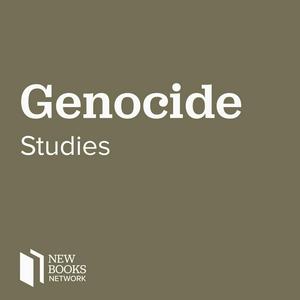Hamid Dabashi, "After Savagery: Gaza, Genocide, and the Illusion of Western Civilization" (Haymarket, 2025)
In this episode, we speak with Hamid Dabashi about his new book, After Savagery: Gaza, Genocide, and the Illusion of Western Civilization (Haymarket, 2025), published by Haymarket Books. Written amid the ongoing war in Gaza, the book confronts what Dabashi describes as the moral and philosophical crisis of the modern West.
After Savagery challenges long-standing traditions of Western thought, arguing that their universal claims often conceal a history of exclusion and erasure. Dabashi calls for readers to reckon with the intellectual foundations that have shaped contemporary understandings of humanity, violence, and colonialism.
At the same time, he finds hope in art, literature, and film — works that, in his view, keep alive the possibility of a shared and liberated imagination. For Dabashi, Palestine becomes both a specific struggle and a universal metaphor for resistance and renewal.Joe WilliamsHistory PhD researcher at the University of Coimbra and translator website- Censorship and Sacralisation of Politics in the Portuguese Press during the Spanish Civil War- "Year X of the National Revolution" — Salazarist Palingenetic Myth in the Diário da Manhã
Learn more about your ad choices. Visit megaphone.fm/adchoices
Support our show by becoming a premium member! https://newbooksnetwork.supportingcast.fm/genocide-studies


